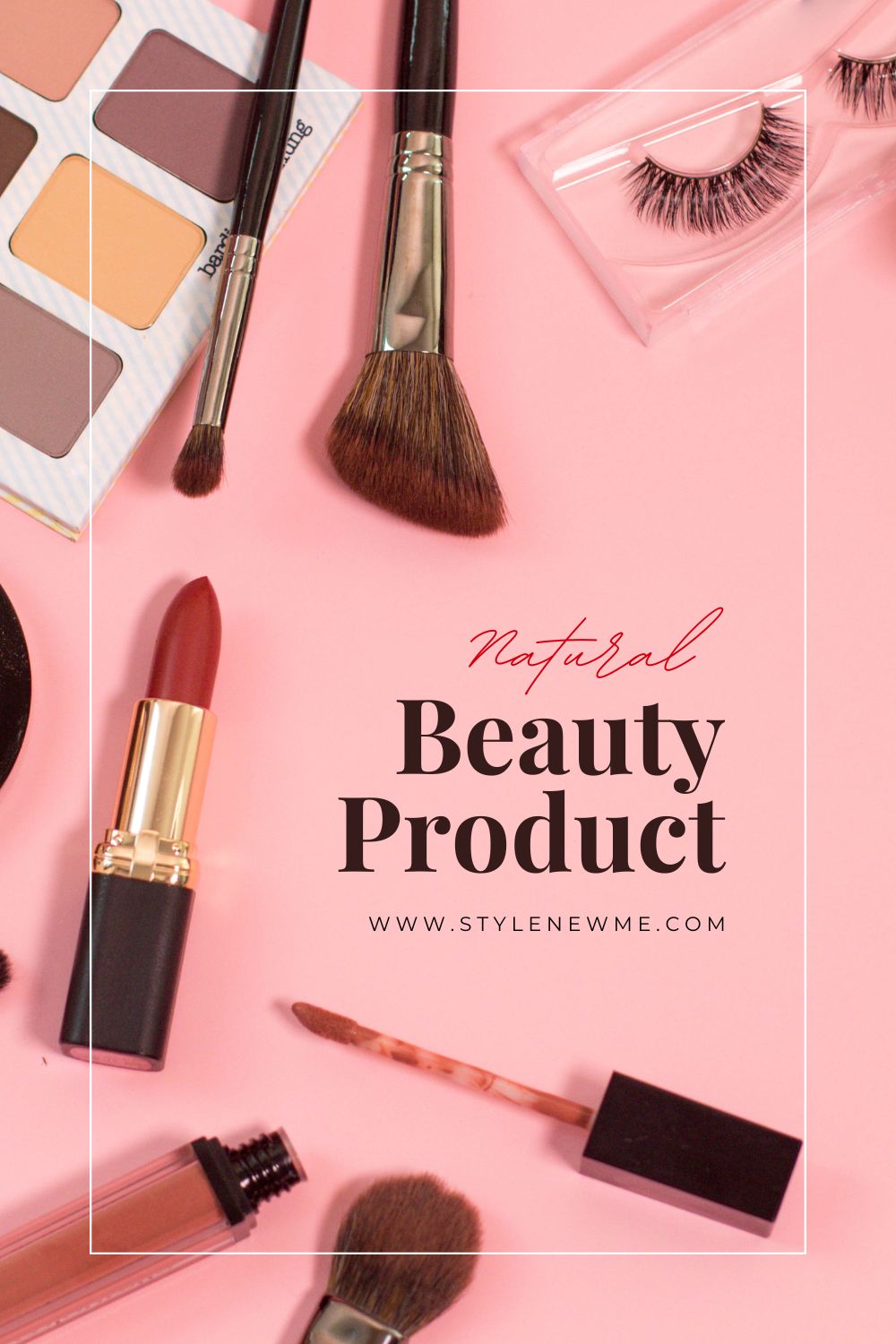Healthy, strong, and thick hair is a goal for many people, but achieving it often requires more than just the right shampoo or conditioner. A balanced diet rich in essential vitamins and nutrients is crucial for hair health. Your hair is a reflection of your overall health, and nourishing your body with the right vitamins can significantly improve its strength, thickness, and overall appearance. In this article, we will explore the best vitamins for promoting stronger, thicker hair and how they contribute to hair growth and health.
1. Vitamin A
Vitamin A is crucial for all cells’ growth, including hair, the fastest-growing tissue in the human body. It plays a vital role in the production of sebum, an oily substance produced by the sebaceous glands in the scalp that keeps hair hydrated and healthy. A deficiency in vitamin A can lead to dry and brittle hair, making it more prone to breakage and damage.
Sources of Vitamin A:
- Carrots
- Sweet potatoes
- Spinach
- Kale
- Pumpkin
- Apricots
- Dairy products like milk and yogurt
- Liver
While vitamin A is essential for hair health, it is crucial to consume it in moderation. Excessive intake of vitamin A can lead to toxicity and actually contribute to hair loss. The recommended daily allowance (RDA) for adults is 700-900 micrograms.
2. B Vitamins (Biotin, Niacin, and Vitamin B12)
B vitamins, particularly biotin (Vitamin B7), are among the most well-known vitamins for hair growth. Biotin improves the infrastructure of keratin, the protein that makes up hair, skin, and nails. A deficiency in biotin can lead to thinning hair or hair loss.
Niacin (Vitamin B3) helps improve blood circulation to the scalp, ensuring that hair follicles receive the necessary nutrients to grow. Vitamin B12 is also vital for hair growth, as it helps in the production of red blood cells, which carry oxygen and nutrients to the scalp and hair follicles.
Sources of B Vitamins:
- Whole grains
- Almonds
- Meat (especially liver)
- Fish
- Eggs
- Avocados
- Legumes (like lentils and beans)
- Leafy greens
It’s important to note that while B vitamin deficiencies are rare due to their abundance in food, certain conditions or restrictive diets may cause a deficiency, leading to hair problems. Therefore, ensuring an adequate intake of B vitamins is crucial for maintaining healthy hair.
3. Vitamin C
Vitamin C is a powerful antioxidant that helps protect against oxidative stress caused by free radicals. Oxidative stress can block the growth of hair and cause it to age prematurely. Additionally, vitamin C is vital for the production of collagen, a protein that helps strengthen hair and prevents it from becoming brittle.
The body is more effectively absorbing iron from plant-based diets thanks to vitamin C. Since iron deficiency is a common cause of hair loss, particularly in women, maintaining adequate levels of vitamin C can support overall hair health.
Sources of Vitamin C:
- Citrus fruits (oranges, lemons, grapefruit)
- Strawberries
- Kiwi
- Guava
- Bell peppers
- Broccoli
- Brussels sprouts
Incorporating these foods into your diet can help boost vitamin C levels, promoting stronger and healthier hair growth.
4. Vitamin D
Often called the “sunshine vitamin,” vitamin D is essential for various bodily functions, including hair growth. Research suggests that vitamin D helps create new hair follicles, the tiny pores in the scalp where new hair can grow. A deficiency in vitamin D has been linked to alopecia, a condition that causes hair loss.
Sources of Vitamin D:
- Exposure to the sun (for a minimum of 15 minutes every day)
- Fatty fish (like salmon, mackerel, and sardines)
- Cod liver oil
- Foods that have been fortified (milk, cereal, and oranges juice)
- Mushrooms exposed to sunlight
A large number of people, especially those who reside in places with little sunlight, are vitamin D deficient.Vitamin D supplements may be necessary for some individuals to reach their daily requirements, which can help maintain healthy hair growth.
5. Vitamin E
Vitamin E is another antioxidant that plays a crucial role in protecting hair from oxidative stress. This vitamin helps maintain a healthy scalp by improving blood circulation, which in turn promotes hair growth. A study showed that people with hair loss experienced a 34.5% increase in hair growth after supplementing with vitamin E for eight months.
Sources of Vitamin E:
- Nuts (almonds, sunflower seeds)
- Spinach
- Avocados
- Olive oil
- Shrimp
- Pumpkin
Regular consumption of vitamin E-rich foods can contribute to stronger, healthier hair by providing antioxidant protection and promoting circulation to the scalp.
6. Iron
While not a vitamin, iron is a vital mineral for hair health. Red blood cells need iron to deliver energy to your cells. This process is essential for various bodily functions, including hair growth. A lack of iron in the body, also known as anemia, is a major cause of hair loss, particularly in women.
Sources of Iron:
- Red meat
- Spinach
- Lentils
- Tofu
- Chickpeas
- Quinoa
- Pumpkin seeds
Incorporating iron-rich foods into your diet, especially if you’re prone to iron deficiency, can help promote stronger, thicker hair.
7. Zinc
Zinc is another mineral that plays a significant role in hair tissue growth and repair. Additionally, it maintains the proper function of the oil sources around the hair follicles. Zinc deficiency can lead to hair loss and poor scalp health. Zinc supplements have been shown to reduce hair loss caused by zinc deficiency.
Sources of Zinc:
- Meat (beef, lamb, pork)
- Shellfish (oysters, crab, lobster)
- Legumes (chickpeas, lentils, beans)
- Seeds (pumpkin, squash, sesame)
- Nuts (cashews, almonds)
Zinc is crucial for maintaining healthy hair growth and overall scalp health, making it an essential nutrient in your hair care routine.
8. Omega-3 Fatty Acids
Your body cannot produce the necessary fats known as omega-3 fatty acids on its own. They supply the oils that moisturise your hair and scalp. Omega-3 fatty acids are known to increase hair thickness and reduce inflammation that can lead to hair loss.
Sources of Omega-3 Fatty Acids:
- Fatty fish (salmon, mackerel, sardines)
- Flaxseeds
- Chia seeds
- Walnuts
- Algal oil (a plant-based source of omega-3s)
Incorporating omega-3-rich foods into your diet can help keep your hair hydrated and prevent hair loss caused by scalp inflammation.
Conclusion
While many factors contribute to hair health, including genetics, age, and overall wellness, the right vitamins and nutrients play a crucial role in maintaining strong, thick, and healthy hair. Ensuring that your diet is rich in vitamins A, B, C, D, and E, along with essential minerals like iron and zinc and omega-3 fatty acids, can help you achieve the luscious hair you desire. Always consult with a healthcare provider before starting any new supplement regimen, especially if you have any existing health conditions or concerns. By nourishing your body with these essential vitamins and minerals, you can support your hair’s health and growth from the inside out.




